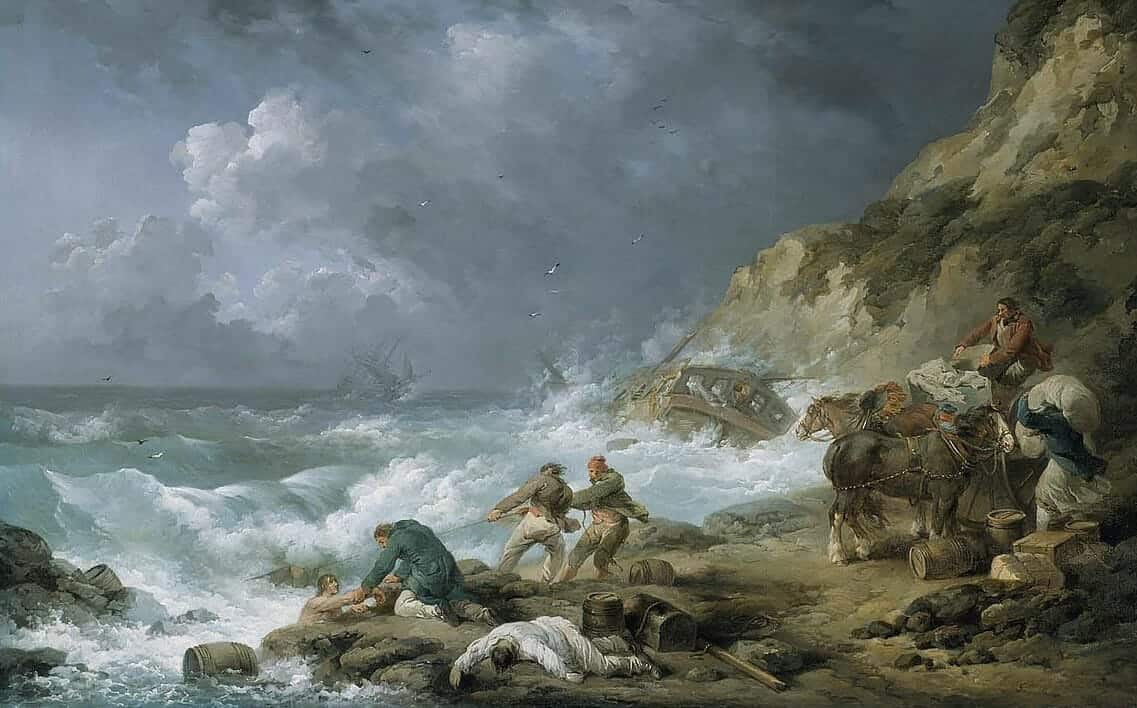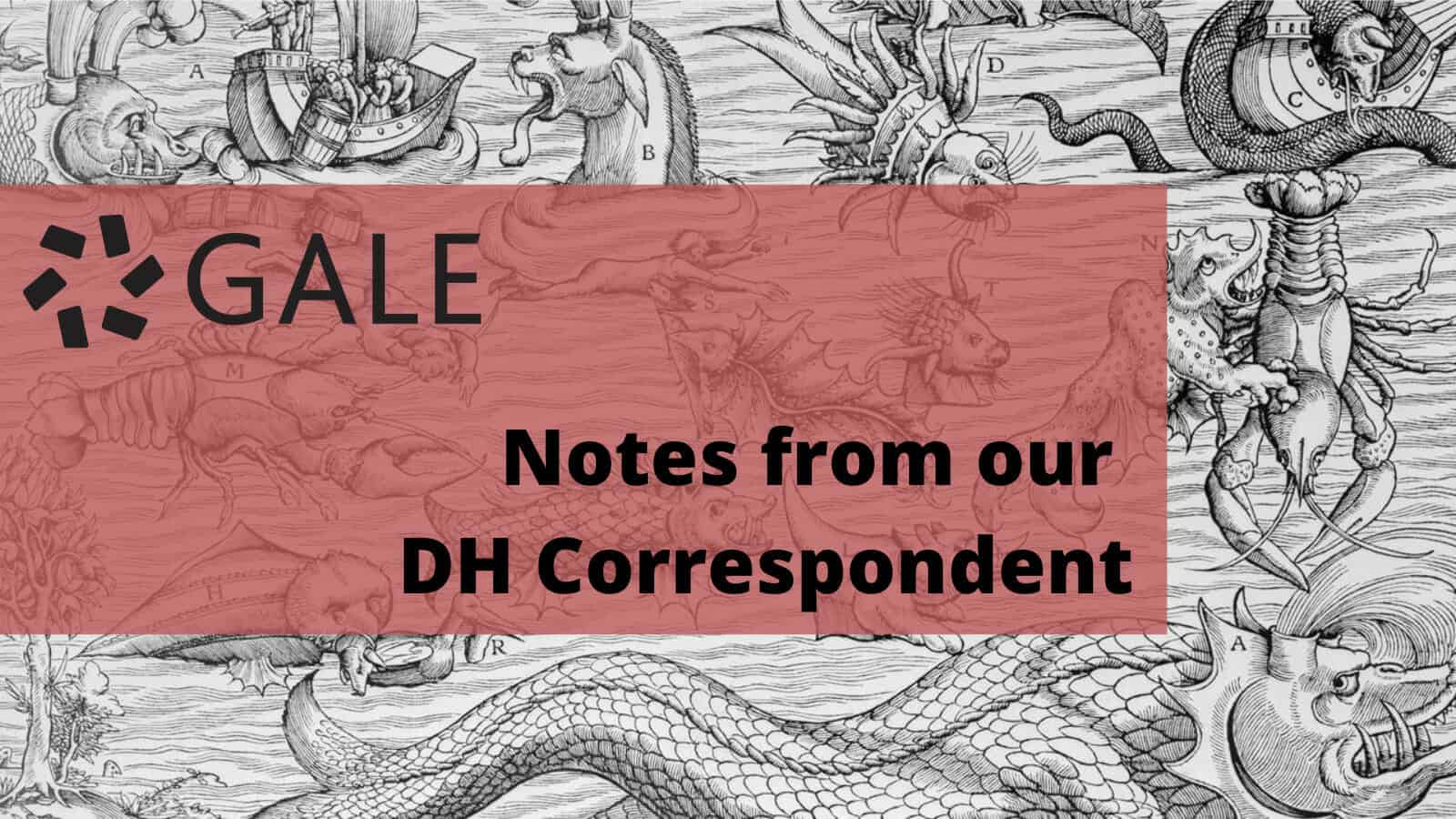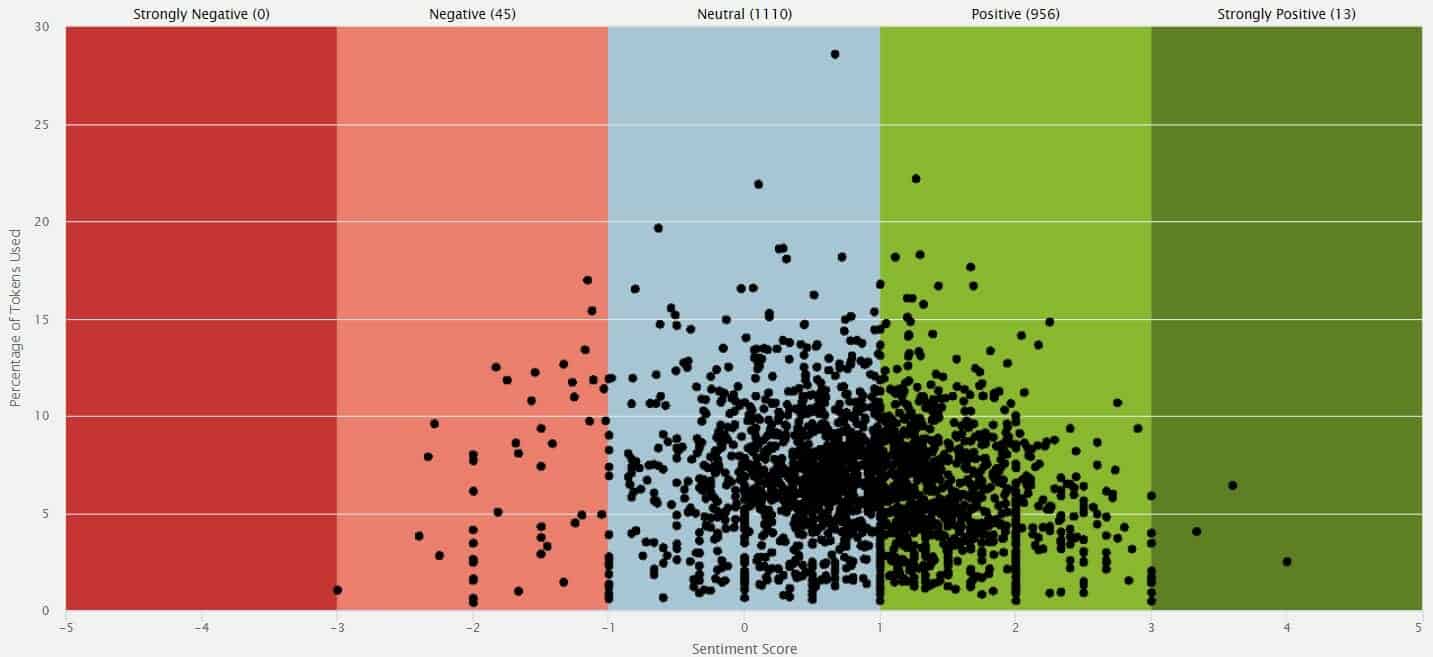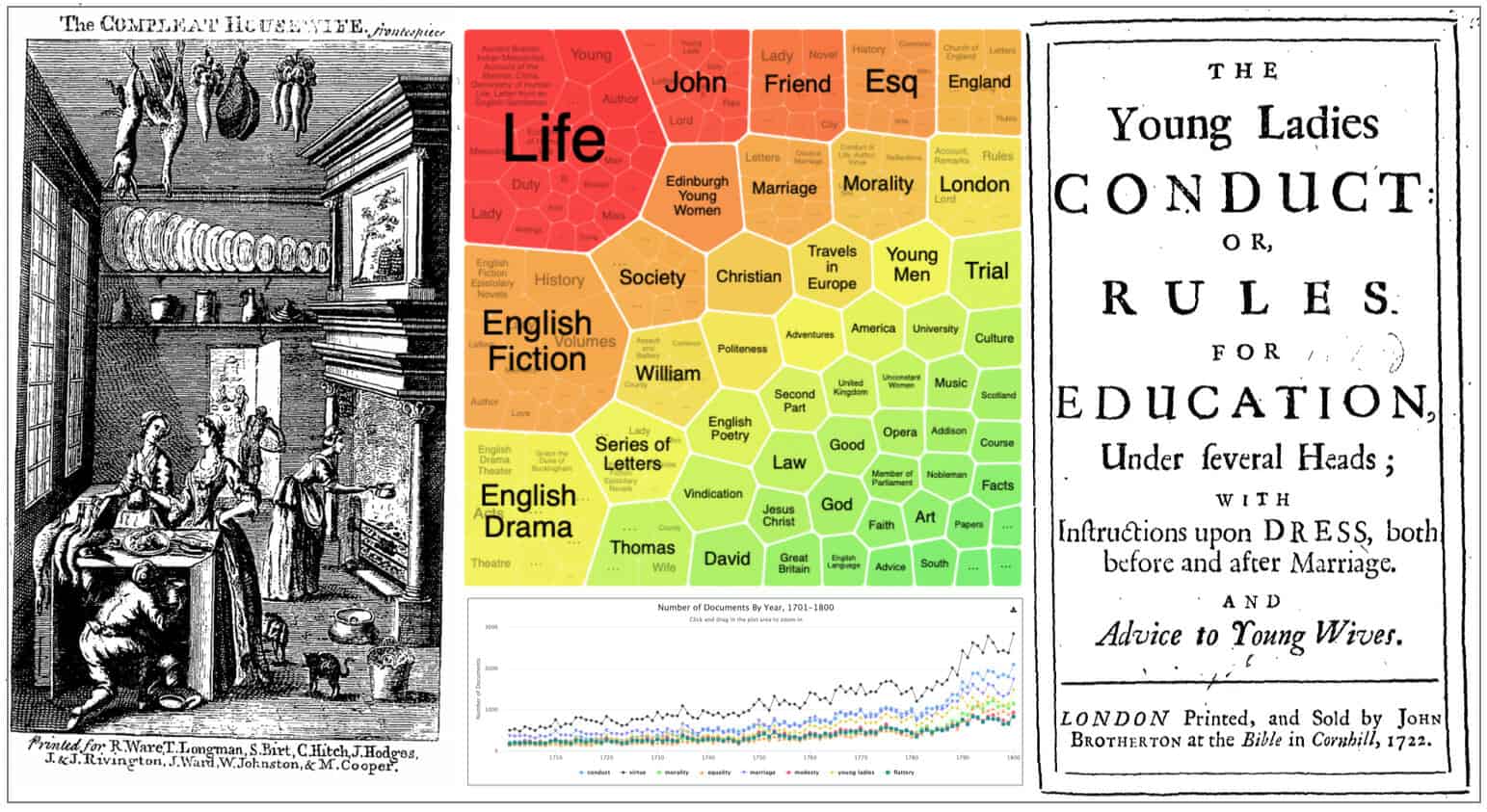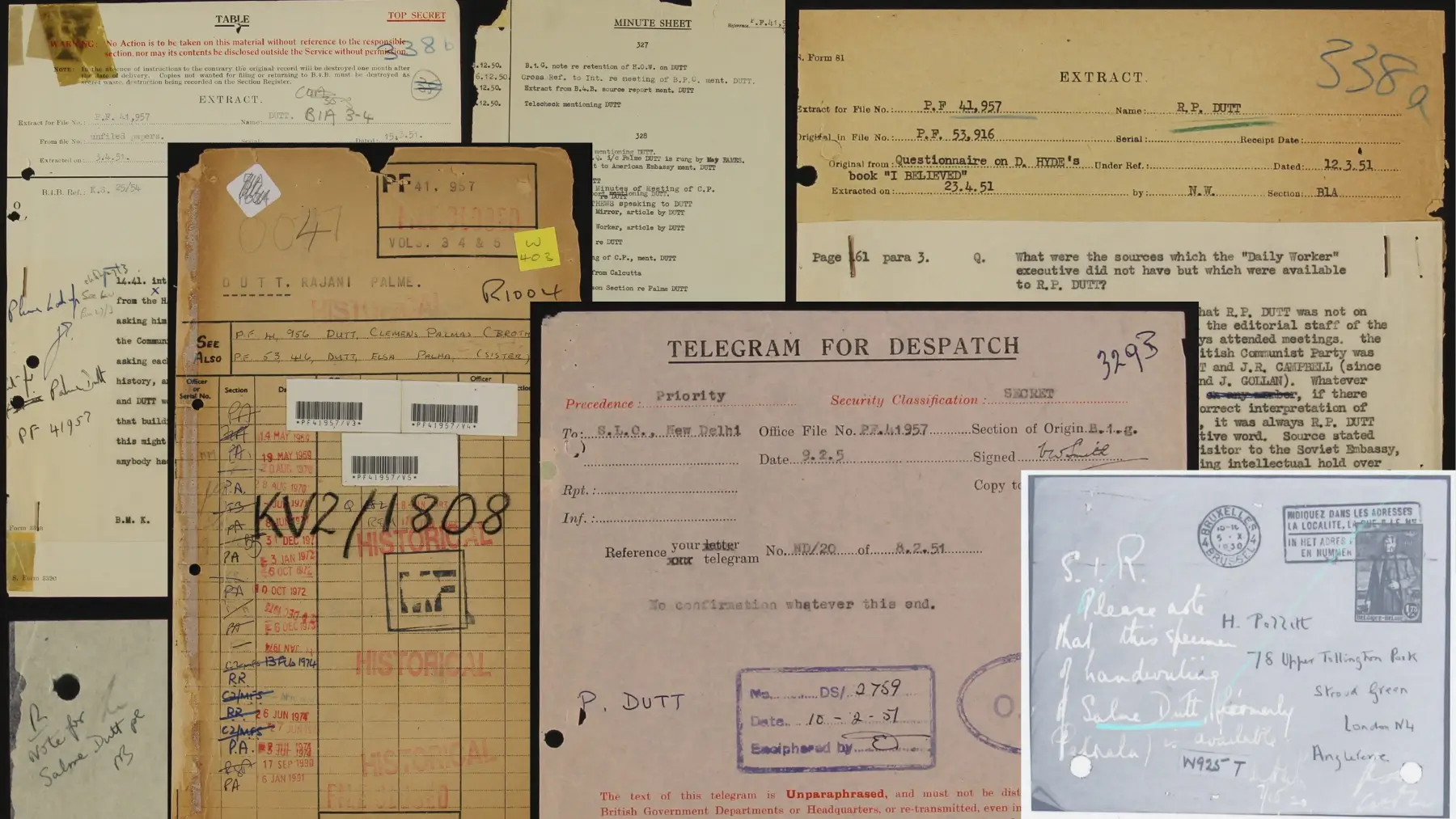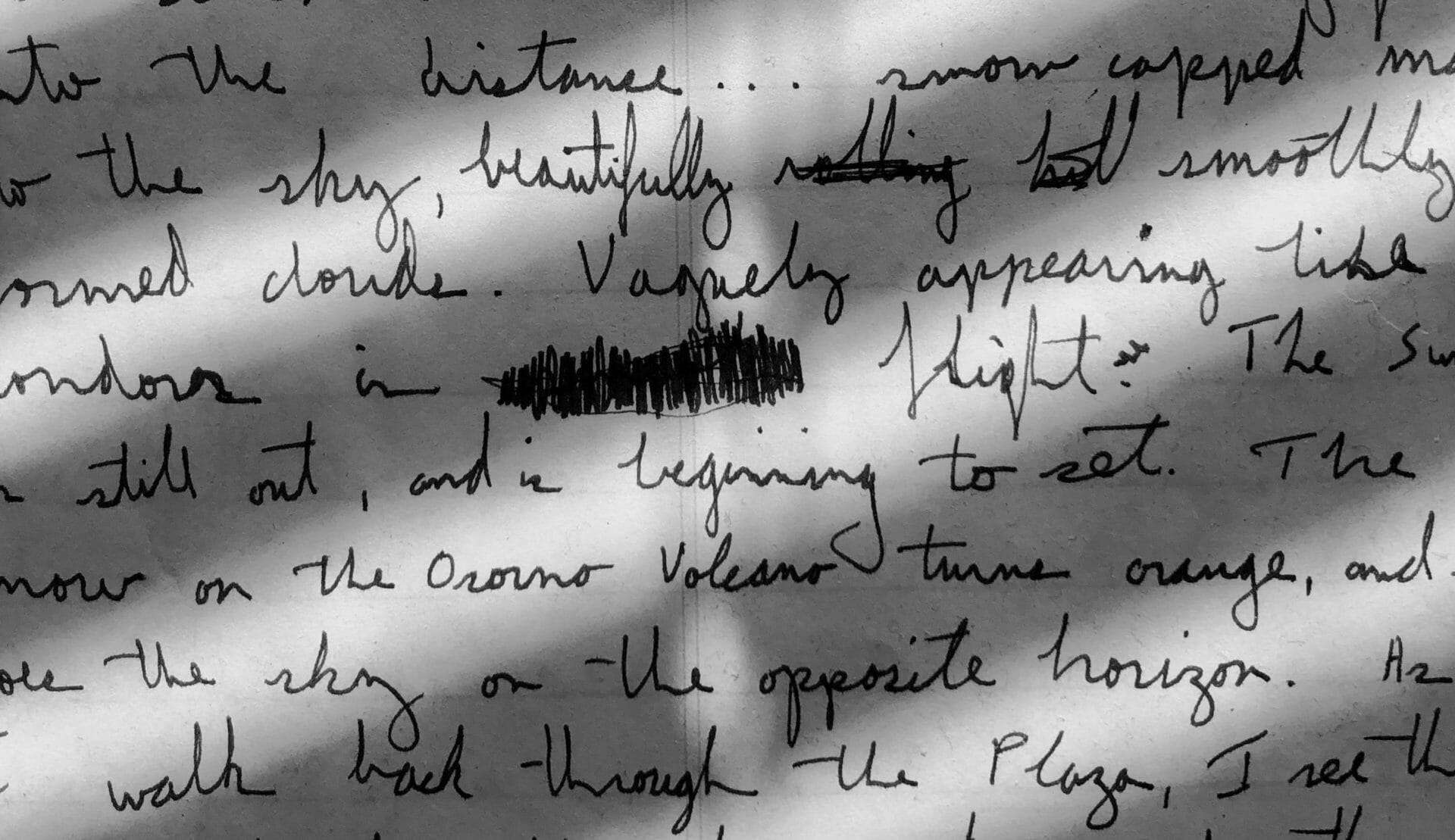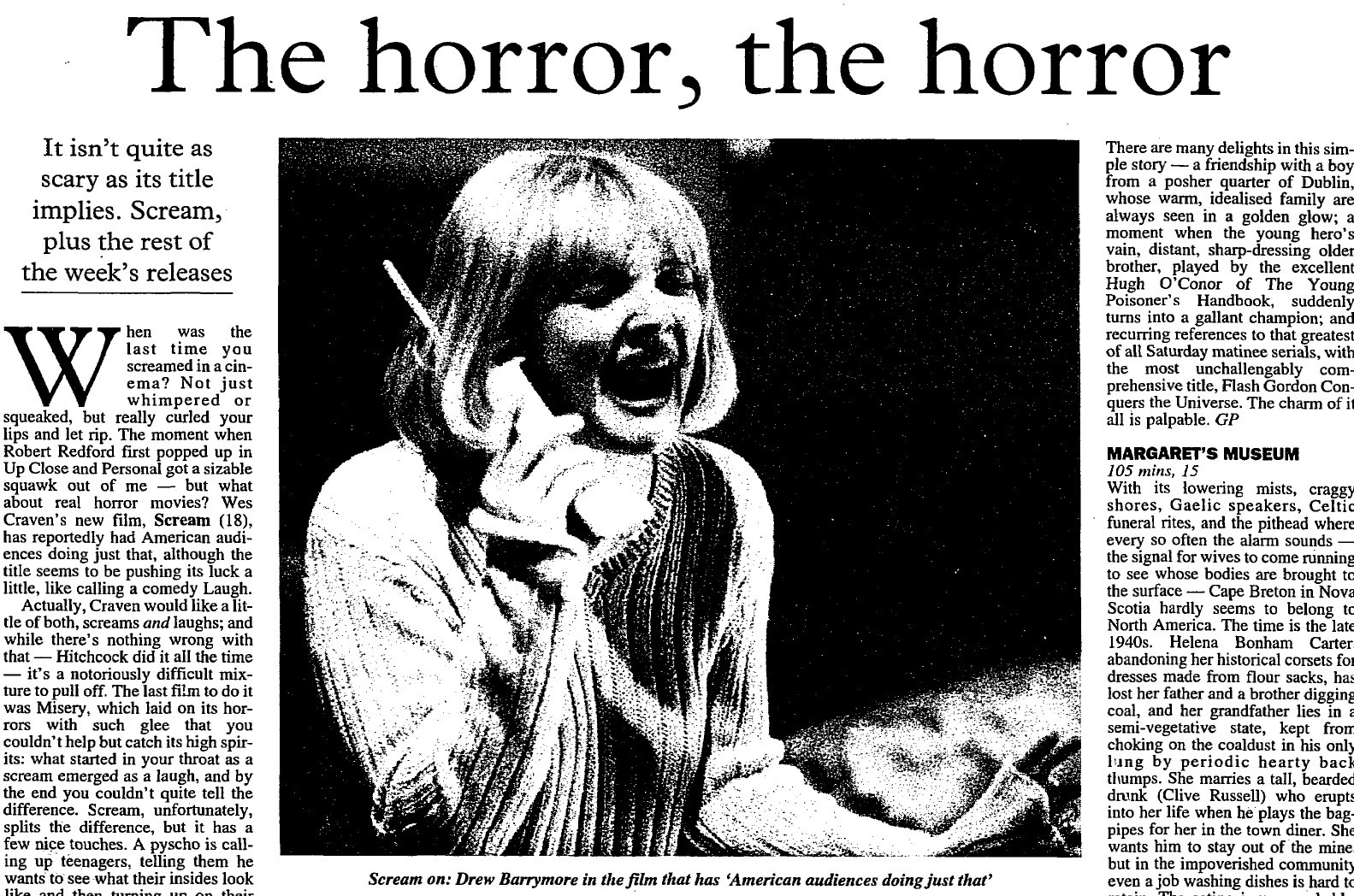│By Jade Burnett, Gale Ambassador at the University of Sheffield│
Throughout this academic year I have been working on an MA dissertation on the marriages of members of the Communist Party of Great Britain (CPGB). In working on this dissertation, I have tried to piece together the personal lives of people who existed largely in the political sphere. While this work is hugely interesting and deeply fulfilling academically, it can also be very tricky, with the writing of personal histories bringing up a range of difficulties surrounding how academics can seek to sensitively piece together the intimate lives of individuals. I hope that this blog post can offer readers some tips and tricks on how to approach writing these histories.


